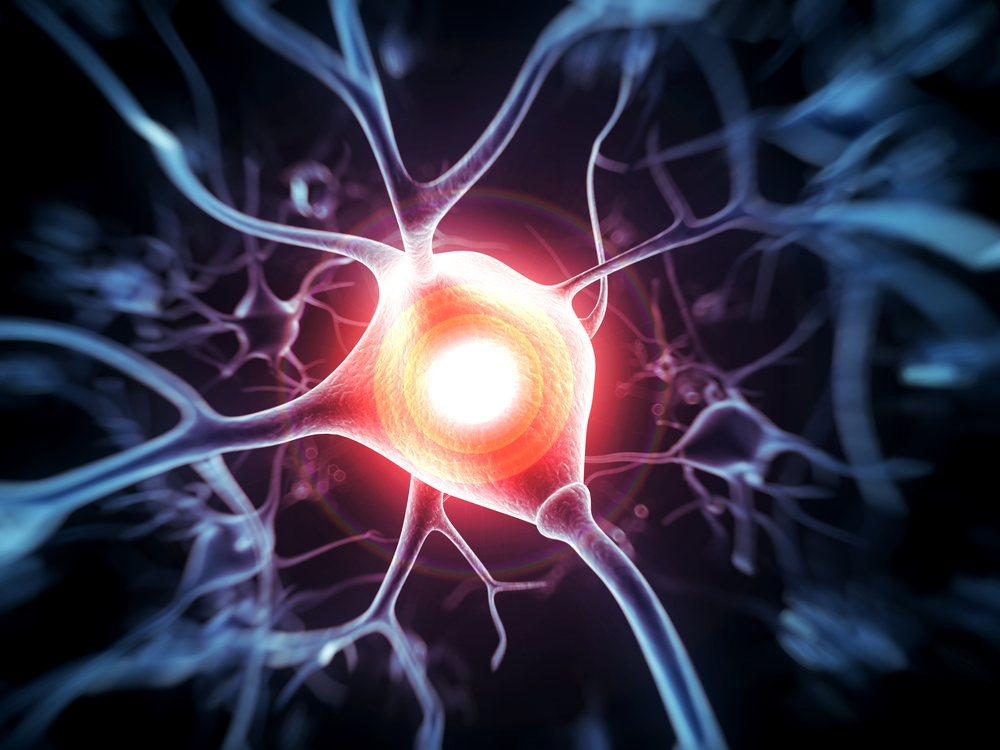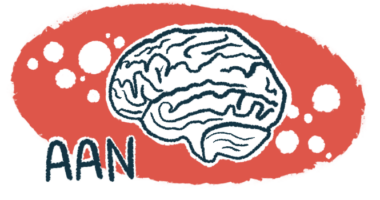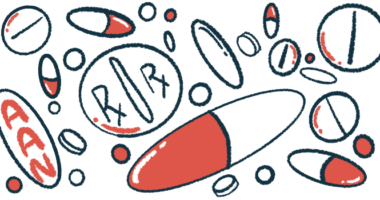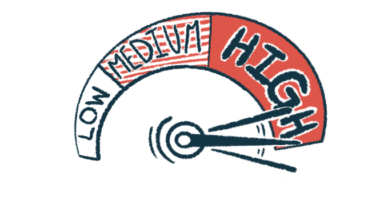Kadimastem To Initiate a Human Clinical Trial for Promising ALS Therapy

This week, Kadimastem, an innovative Israeli biotechnology company focused on the industrial development and commercialization of human pluripotent stem cell (hPSC)-based therapeutic solutions for the neurodegenerative diseases Multiple Sclerosis (MS) and Amyotrophic Lateral Sclerosis (ALS), announced that it plans to begin human trials using its stem-cell technology to treat the ALS in the second half of 2016.
This announcement comes after the company released promising pre-clinical experimental findings that resulted in an unprecedented 24 hour response by the US Food and Drug Administration (FDA) with a recommendation to move forward with the approval process and the subsequent product development for safety assessments in a clinical trial.
Kadimastem is the brainchild of its Chief Scientist Dr. Michel Revel, MD, PhD, Professor emeritus in the Department of Molecular Genetics of the Weizmann Institute of Science, Israel. Dr. Revel received the Israel Prize in 1999 and the Emet Prize in 2004 for his contribution to Medicine and Biotechnology. He is member of the Israel Academy of Science and Humanities, has been elected Fellow of the New York Academy of Science, and Honorary Member of the International Society for Interferon and Cytokine Research. Dr. Revel is also a member of the European Molecular Biology Organization (EMBO) and of the Human Genome Organization (HUGO). He was chairman of the National Biotechnology Committee for Israel (1999-2002) and chairman of the Israel National Bioethics Committee. He is also credited with creating Rebif, a major drug used for treating MS.
In a press release concerning the FDA’s recommendation Dr. Revel said, “We are very encouraged by the FDA’s rapid response, which enables us to approach the next stage of the development of the cellular therapy product for ALS patients faster.”
This sentiment was shared by his colleague Yossi Ben-Yossef, Kadimastem’s CEO, “ALS is an incurable disease with no effective treatment available today. The rapid response by the FDA allows us to move forward to the clinical development of a unique embryonic stem cell-based treatment for ALS.”
ALS, also known as Lou Gehrig’s disease, is a progressive disease that attacks the nerve cells that control muscular moments such as walking and respiration. Patients diagnosed with the disease will have increasing problems with breathing, swallowing, and speaking or forming words. In the late stages of the disease, patients rely solely on caretaker assistance for all their needs, leading to significant effects on their psychological health. ALS is a terminal diagnosis in which most patients die from respiratory failure within the 2 to 5 years.
In the last decade, there has been increasing scientific evidence that astrocytes, the central nervous system’s support cells, are impaired in patients with ALS. Researchers have proposed that injecting healthy, functioning support cells into the nervous system of ALS patients could possibly slow the progression of the disease, improve patients’ quality of life, and extend their lives. Kadimastem’s unique technology allows them to produce these healthy support cells and test the theory during their upcoming clinical trial.
In a press release about the announcement, Arik Hasson, Kadimastem’s executive vice president for R&D, explained, “We are capable of producing those cells in large quantities without animal components using industrial methods. They serve as starting material of differentiated cells. We store them frozen and then produce functional astrocytes for the brain.”
Hasson continued, “Our product will not be tailor-made, and that will allow for somewhat less expensive production. In addition, it can be used in patients in whom the disease has gone too far and can’t be treated with their own cells. But we hope there will be tests that can enable treatment as soon as the patient is diagnosed.”
All stakeholders in the ALS community including, patients, caregivers, healthcare providers, and researchers will be anxiously awaiting the results of the clinical trial.
Kadimastem’s technological platform makes it possible to differentiate stem cells into a range of functional human cells, including neuron-supporting cells in the brain as well as pancreatic cells that secrete insulin — beta cells.







